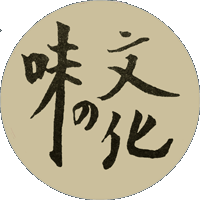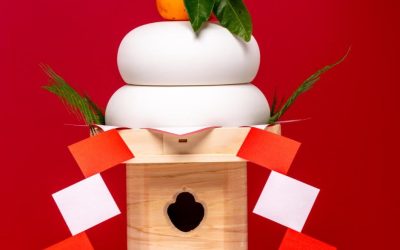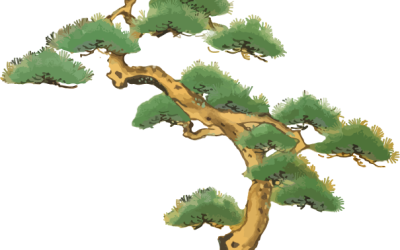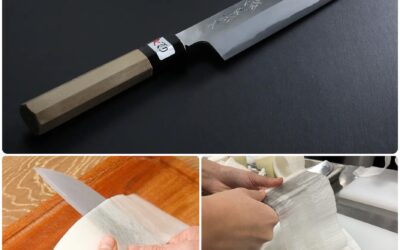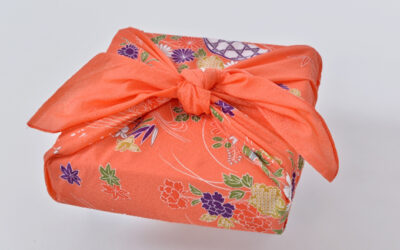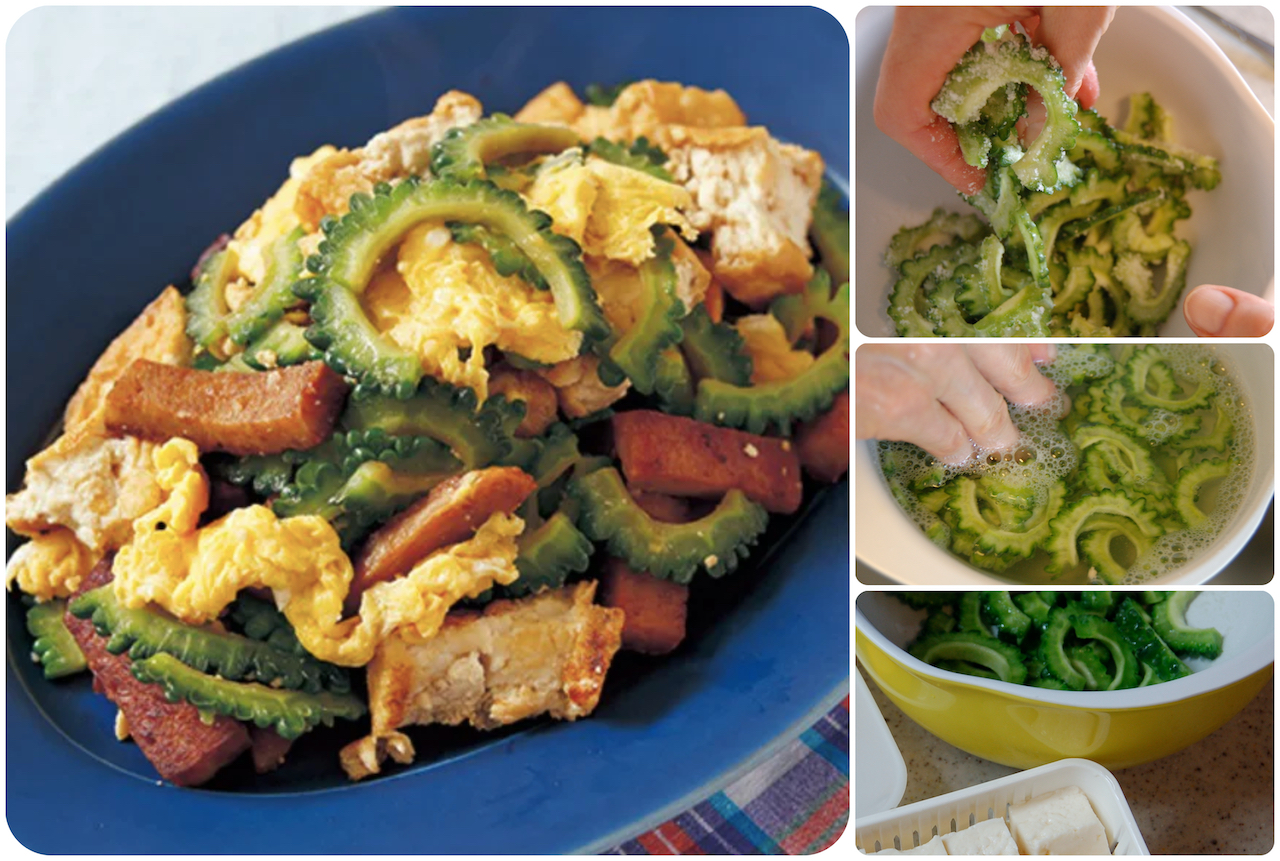
チャンプル・CHAMPURU
In the local dialect CHAMPURU means “hodgepodge.” It is essentially a stir-fry; the signature dish of Okinawa.
Every household will have its own version though most will include some sort of tōfu and lots of vegetables, most likely bitter melon or what the locals call gōya.
Many versions of champuru will include pork (often canned Spam) and be finished by scrambling an egg in the skillet. The recipe I offer in this post makes use of bacon and includes onions, too. Download the recipe for Goya Champuru.
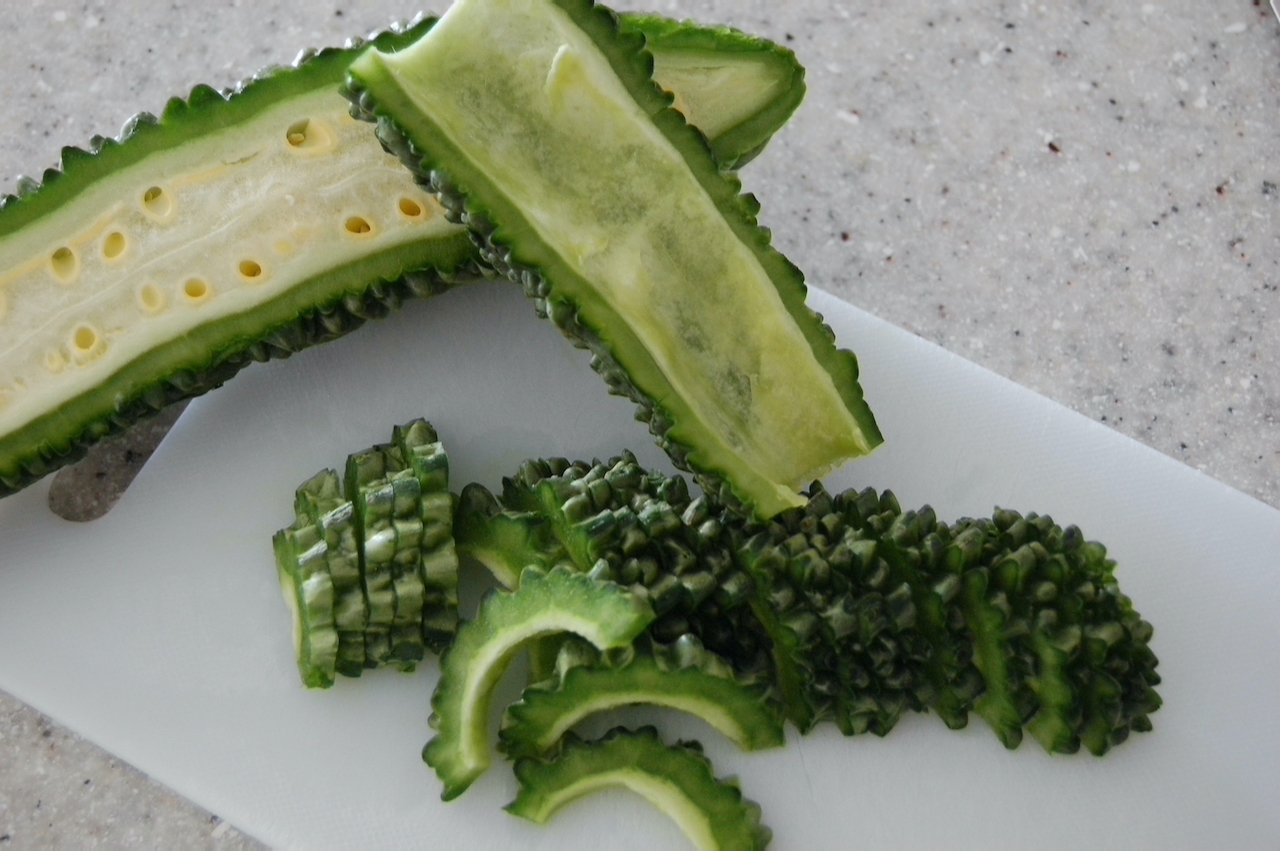
Gōya restores energy and nutrient balance to heat-weary bodies making it a valuable addition to any summer menu. If you are new to cooking with gōya, rest assured that in the recipe above I provide detailed, illustrated instructions on how to prep and cook it.
Looking for more variations on the champuru theme?
Visit PROJECT champuru to explore it in your own kitchen.
My August 2022 newsletter is themed on champuru, too.
